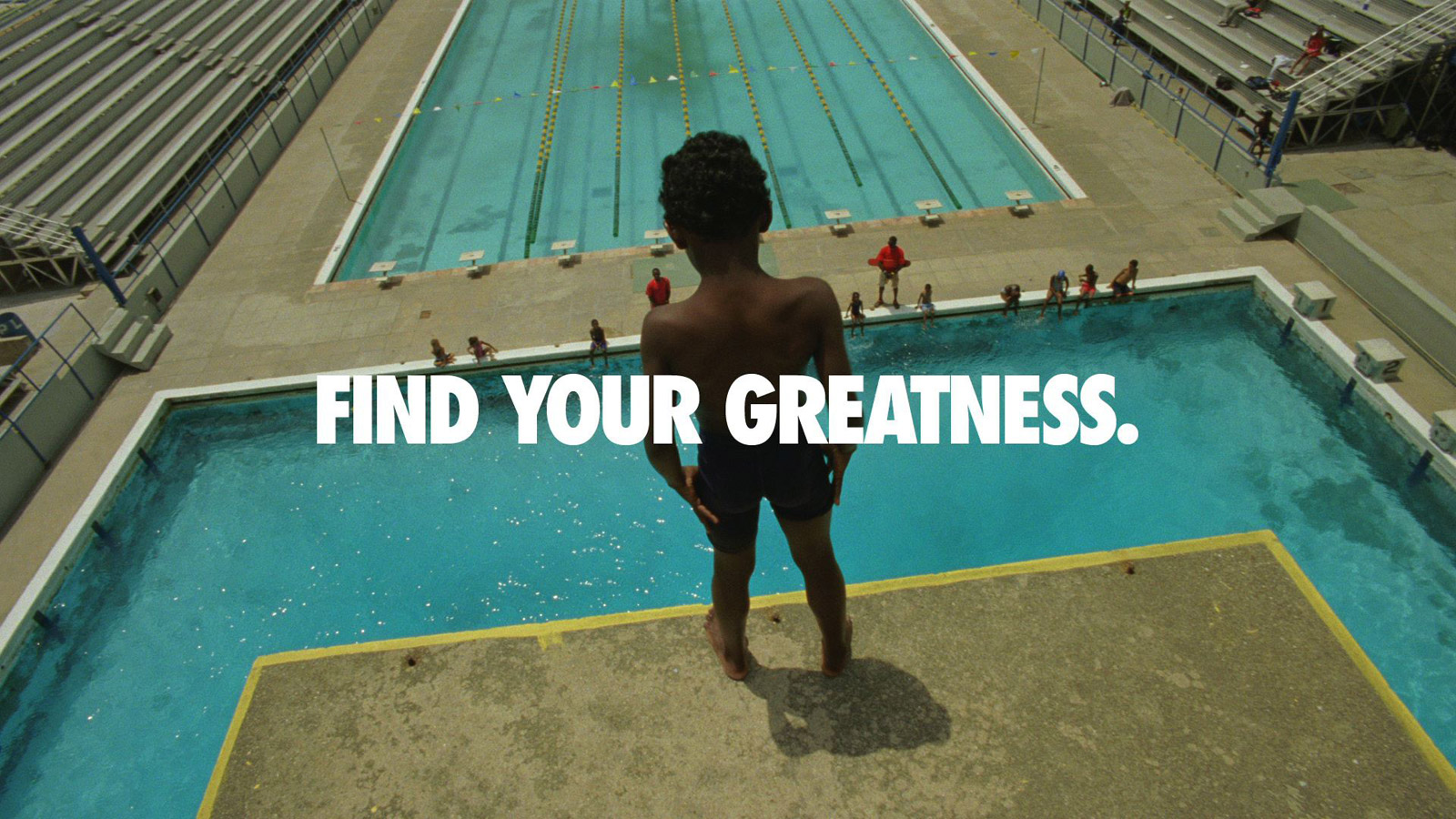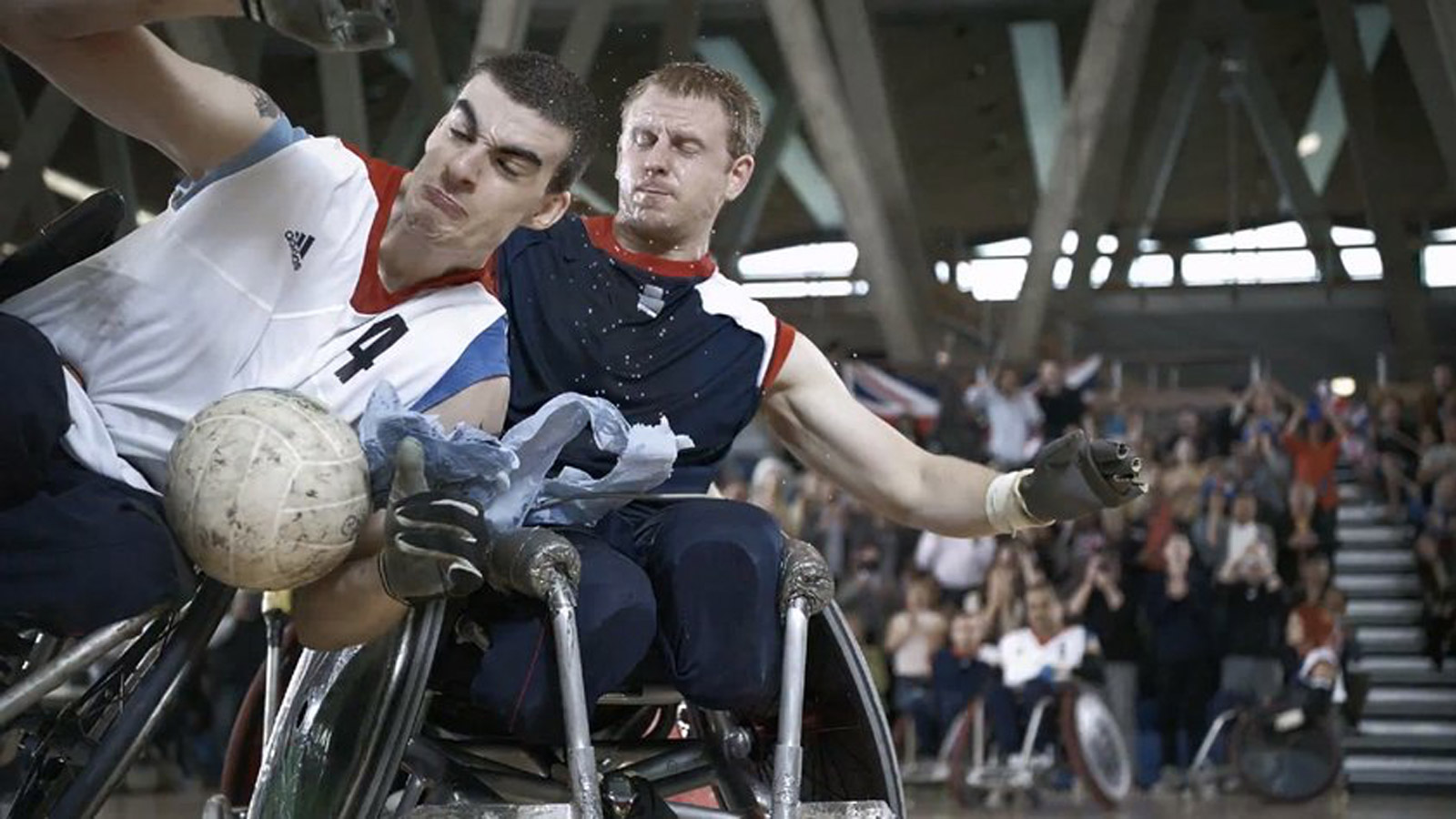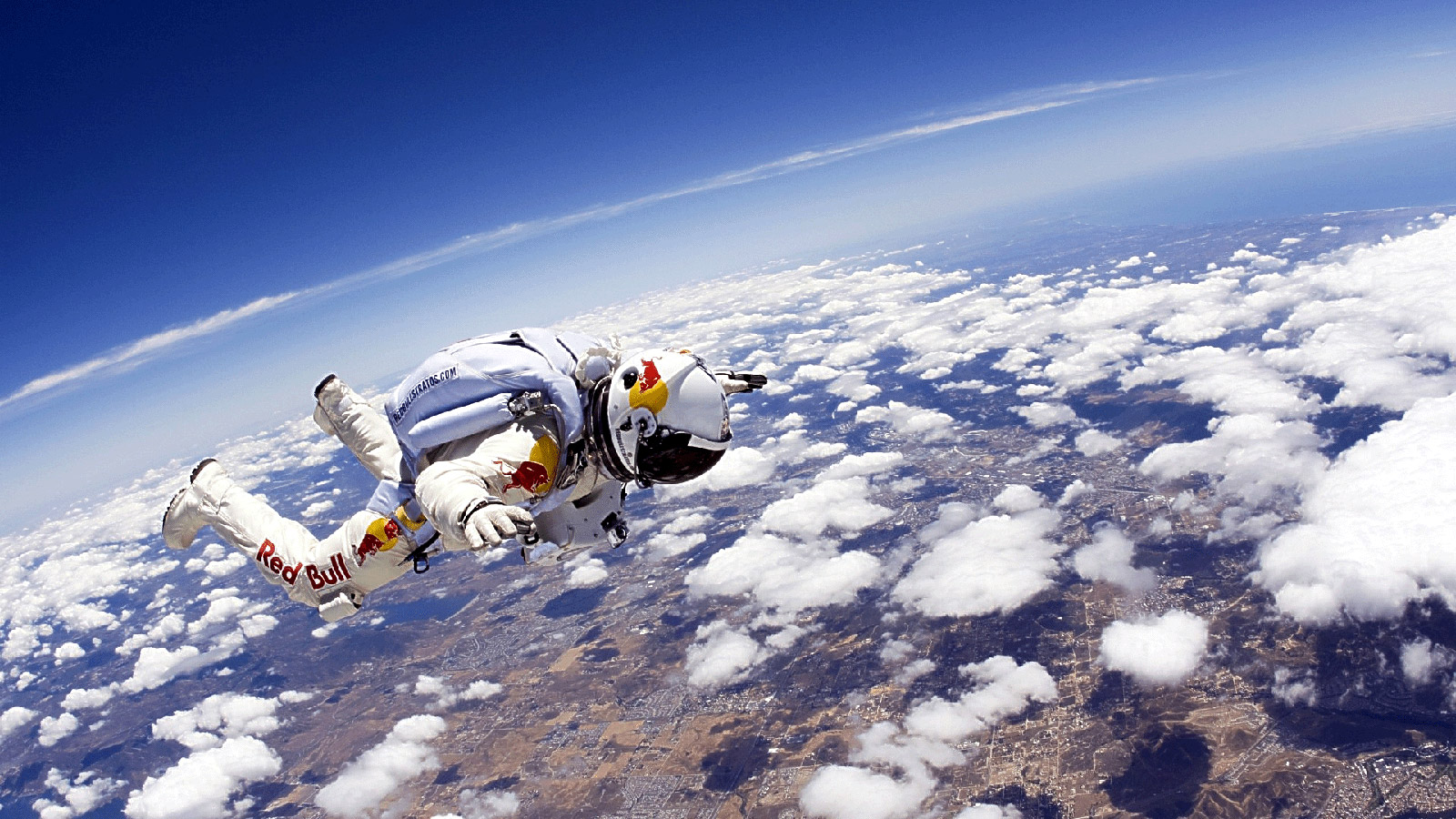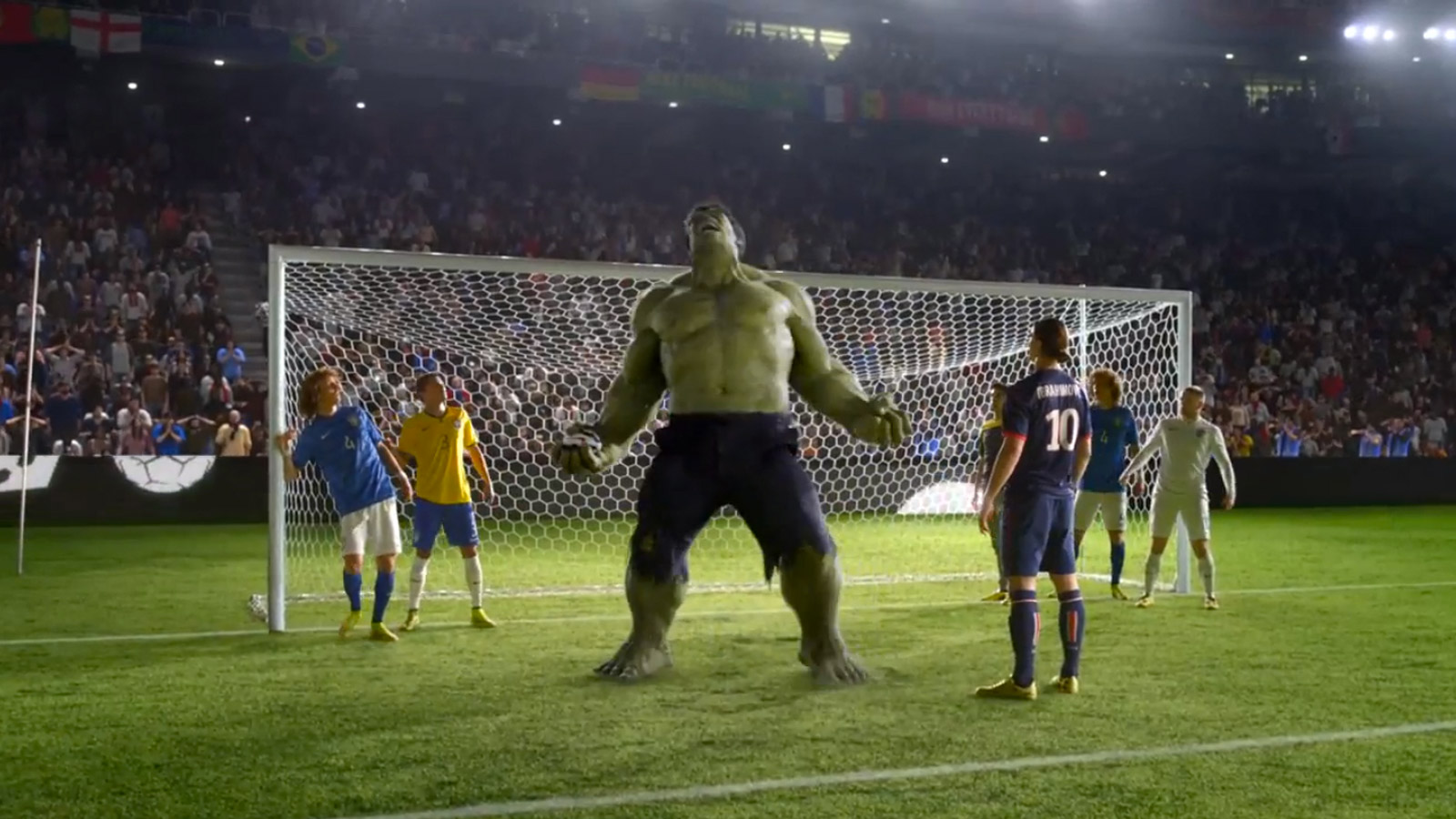2012: Changing the goal posts for sports brands and their advertising.
Initially I was asked to write a blog post about the 2016 Euros and how brands need to become smarter in their advertising. Then came the breaking news about the FIFA corruption scandal. Now more than ever is the time for brands relative to football to change the way they advertise to their consumers. Sports brands, who are advertising to the football community, need to begin inspiring their audience and focus less about their product and more about their why. Why you should believe in that brand and eventually buy into the brand and their products.
Advertising around the Euros is always naff, and you always get the usual clichés, trying to hype up a team which nobody has really got any faith in winning anymore, in England anyway. How do we begin to change this perception when it comes to uniting a country, and inspiring the next generation? For me, 2012 was a significant year in terms of British sporting events and advertising.
On one hand it was another poor year for English football in the Euros (another penalties knockout in the Quarter finals) leaving fans feeling deflated; not even re-watching ITV’s “it’s good to dream” could help lift spirits. Depending too much on ‘what ifs?’ and less on inspiring the next generation. But the less said about the national football team the better.
 Nike’s ‘Find your greatness’ advertising campaign by Weiden + Kennedy which outshone the official sponsors Adidas with their ‘take the stage’ campaign. Nike focused more on personal goals as opposed to the trials and tribulations of Olympic Athletes.
Nike’s ‘Find your greatness’ advertising campaign by Weiden + Kennedy which outshone the official sponsors Adidas with their ‘take the stage’ campaign. Nike focused more on personal goals as opposed to the trials and tribulations of Olympic Athletes.
On the other hand, advertising for the London Olympics created a buzz - not only around the athletes competing but encouraging Britain to get involved, back their country and participate in sport again. Nike’s ‘Find your greatness’ campaign did this brilliantly, the belief that sport isn’t just about feeling proud of your country and those taking part but doing something for yourself and finding out what your greatness can be. Although Nike was never chosen to be an official sponsor of the 2012 games, their campaign hit an impressive 59,000 online mentions compared to 26,000 for main sponsor, Adidas.
 Breaking the rules. 4Creatives advert for the 2012 Paralympic games converted the way people thought about athletes and the games themselves.
Breaking the rules. 4Creatives advert for the 2012 Paralympic games converted the way people thought about athletes and the games themselves.
So how do you inspire a change in perceptions around an event that the majority of people don’t believe in? Behold the ‘Meet the Superhumans’ campaign created by Channel 4’s in-house team. The campaign showed athletes and their disabilities in a way that makes you think if they can do it, then why shouldn’t I be able to do it. It puts things into perspective, which is why it works. Why put something off for another day?
And it worked. The 90 second advert changed ideas about what being a Paralympic athlete was about. Reaching 11.8 million TV viewers and helped the London Paralympic games to become the first ever to sell out.
The case study from D&AD (who awarded the campaign their prestigious Black Pencil award) is worth a read on how Channel 4 worked hard to challenge views on disabled athletics.
 Red Bull, although not a sport brand, showcasing the importance of starting with why, by associating with extreme sports such as mountain biking and free falling from space, if you can put the two in the same category!
Red Bull, although not a sport brand, showcasing the importance of starting with why, by associating with extreme sports such as mountain biking and free falling from space, if you can put the two in the same category!
Changing ideas around sport is such a hard thing to do; there are a lot of tried and tested techniques by the giants of the sector. How do you do something different, something that stands out and showcases what you believe in and why others should believe it too? In the case of Red Bull they believe in pushing the limits. Their strap line ‘gives you wings’ allows the consumer to believe they have the ability to do anything. This is why it makes sense for the brand to endorse extreme sports.
The brand is known to push boundaries. They went above and beyond in 2012 with a great piece of experiential marketing, sponsoring one of the greatest human endeavours of the past decade. Red bull tagged onto a science experiment and turned it into an advertising opportunity, doing something differently, and being forever associated with Baumgartner and that jump.
For me, sports marketing should be encouraging everyday people to put on their sports gear and get out there. Less focus on big footballing stars and more on inspiring the next generation to become the best they can be. It needs to strip the stigma that the sports men are demi gods and bring them down to earth. It would be nice to see how they got to be in the position. People need to relate to footballers (who are brands in their own right) on a more personal level.
 Nike’s ‘Winner stays’ campaign for the 2014 World cup. Showing young players wishing they were their favourite footballers.
Nike’s ‘Winner stays’ campaign for the 2014 World cup. Showing young players wishing they were their favourite footballers.
Nike touched on this slightly during the build up to the 2014 World Cup. When Nike Football released their ‘Winner stays’ TV ad. The idea behind this was young footballers pretending to be whichever player they looked up to. This was a great concept and a brilliant attempt to engage with a younger audience and ignite an old flame in their older audience too. Who doesn’t want to be like their favourite footballer, or the Hulk?!